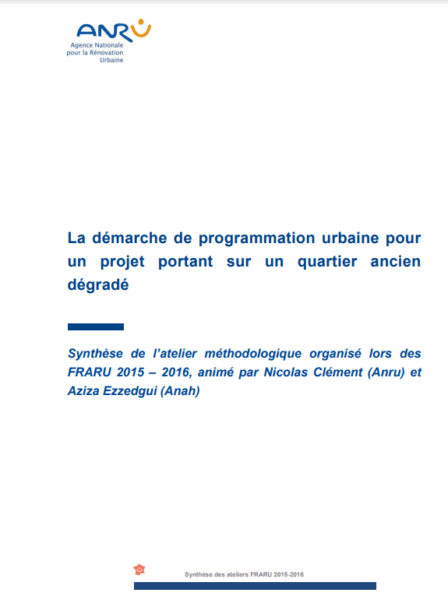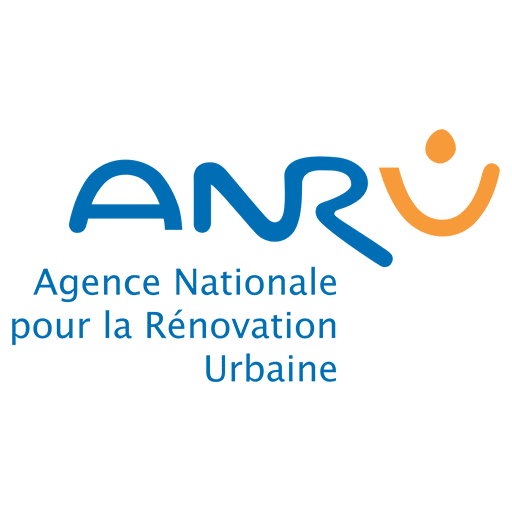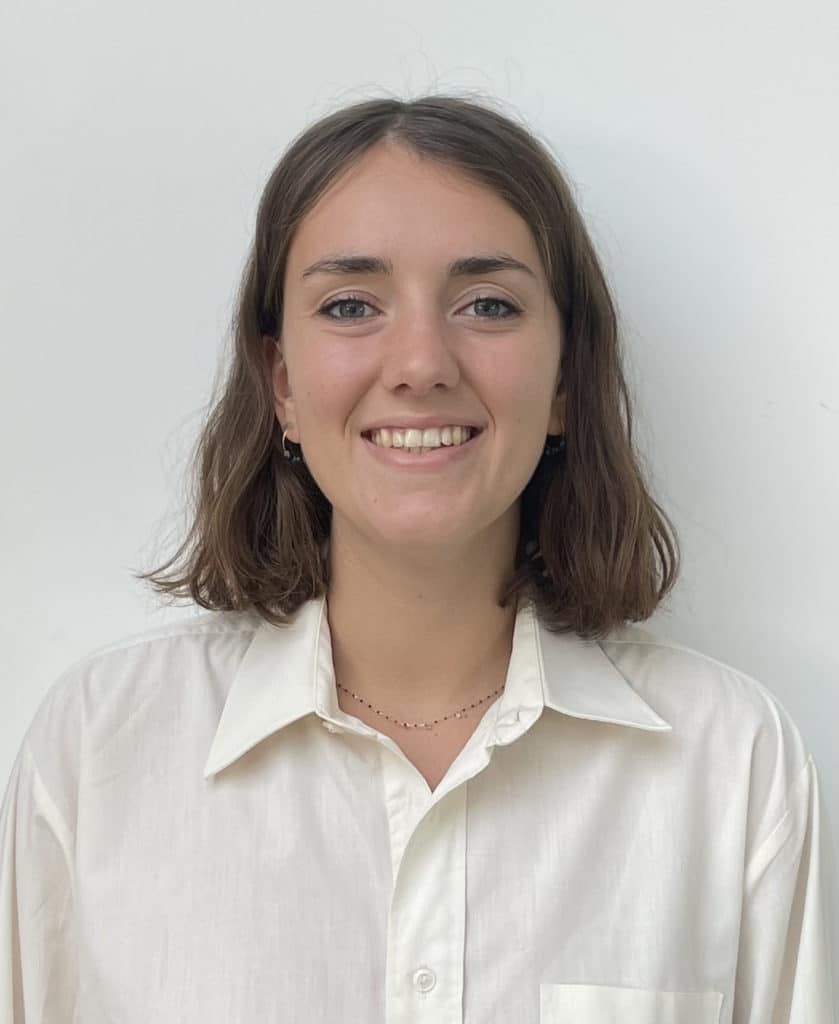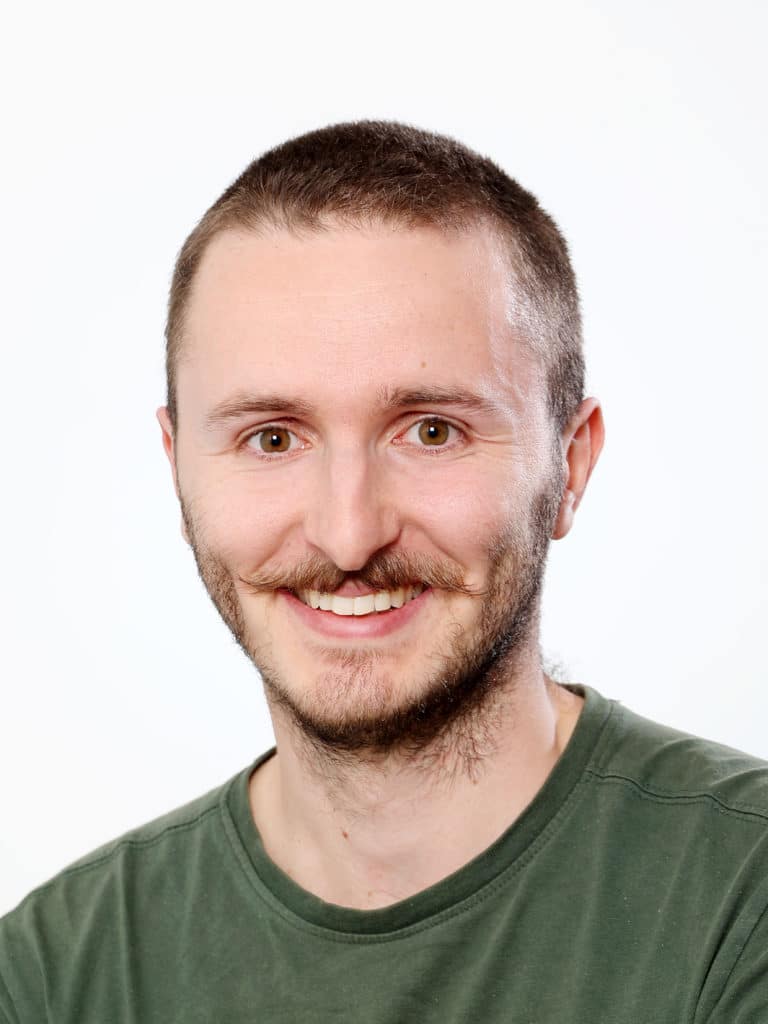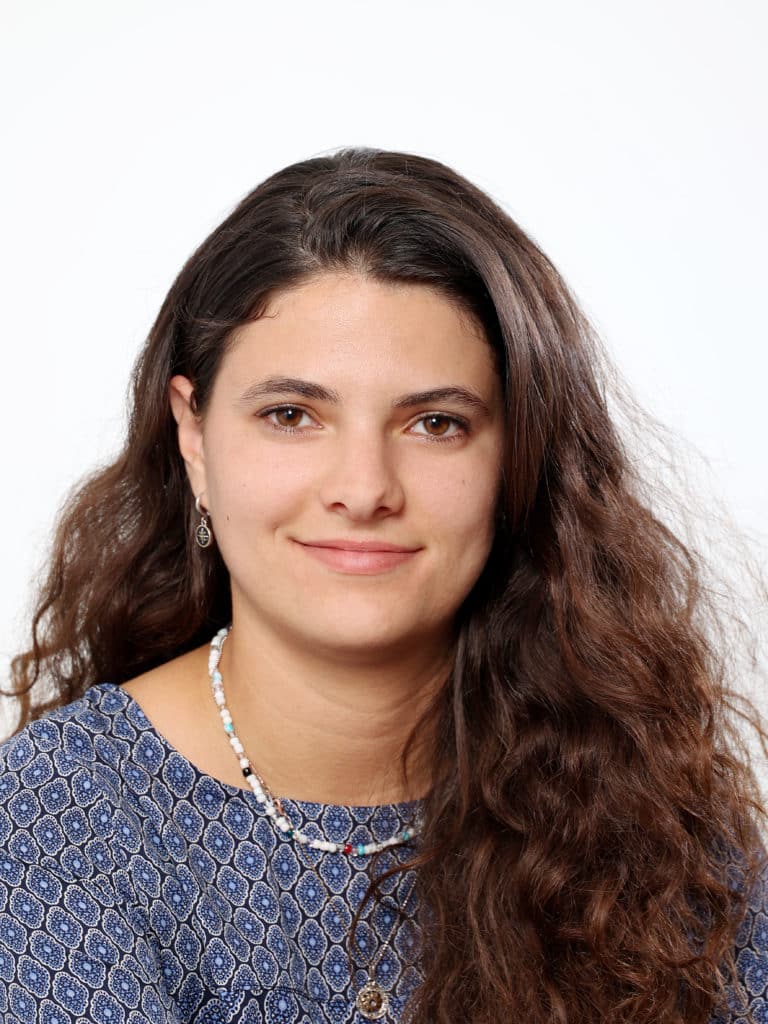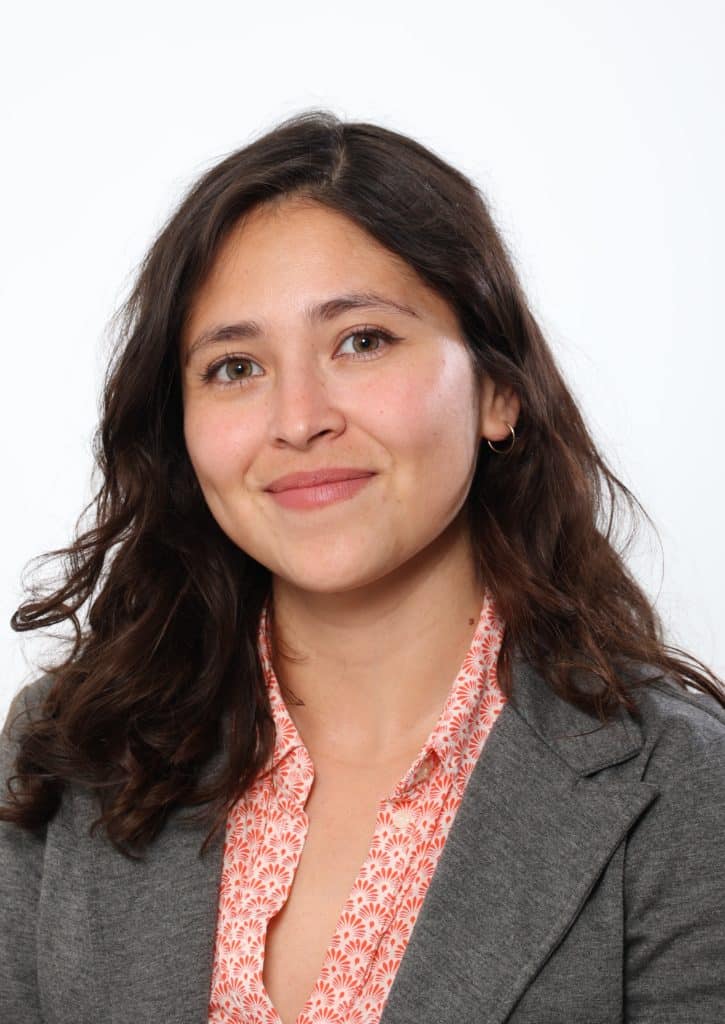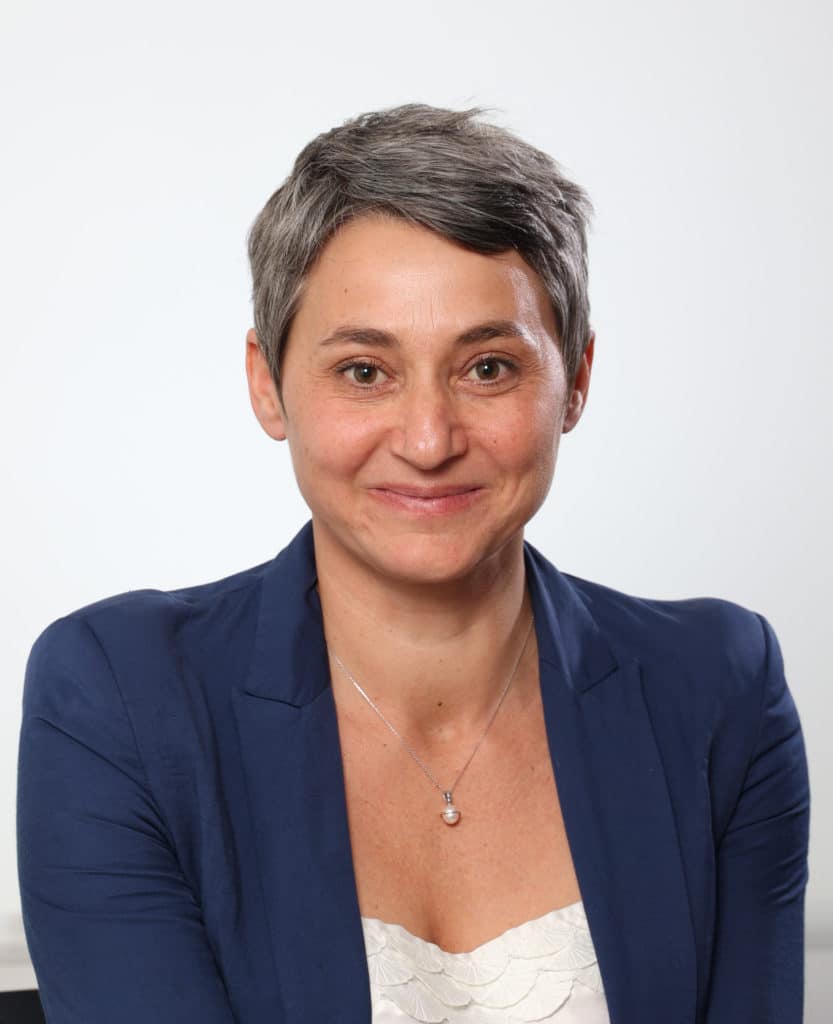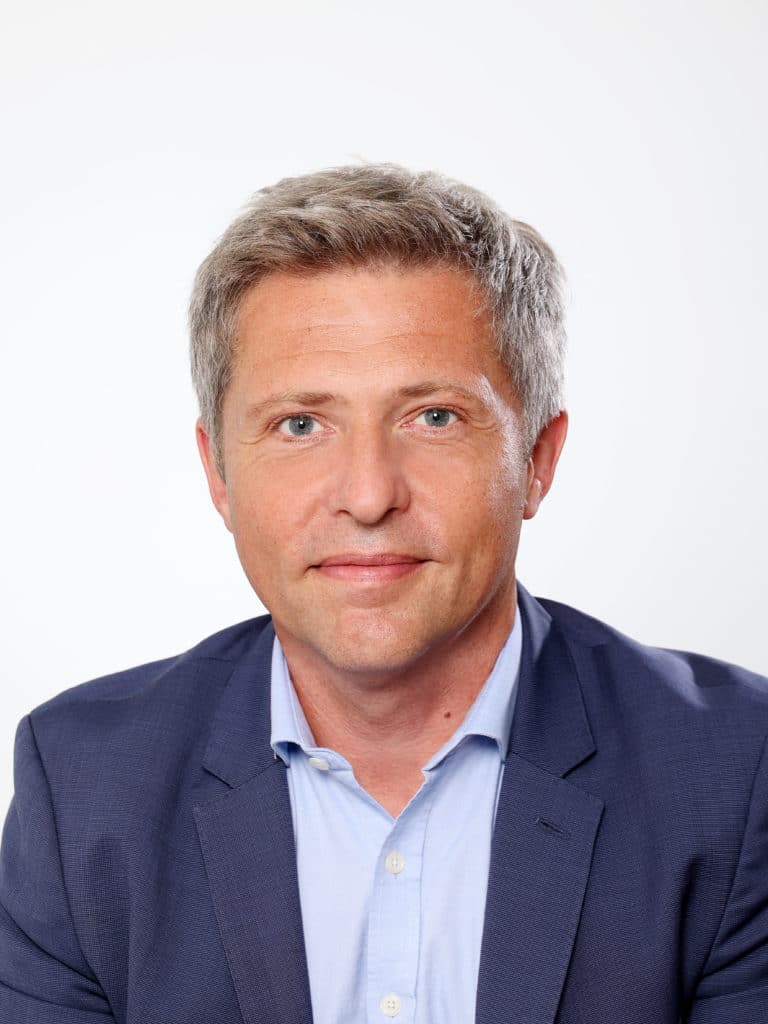Méthode
La démarche de programmation urbaine pour un projet portant sur un quartier ancien dégradé
- Créativité
- Inclusion
- Résilience
- Sobriété
- Rénovation / Réhabilitation
- Qualité du logement
- Aménagement
- Planification
- Paysage
Le Nouveau Programme National de Renouvellement Urbain (NPNRU) concourt, par des actions de
requalification urbaine, aux objectifs de la politique de la ville à savoir assurer l'égalité entre les
territoires, réduire les écarts de développement entre les quartiers défavorisés et leurs unités urbaines et améliorer les conditions de vie de leurs habitants.
Ce nouveau programme vise en priorité les quartiers de la politique de la ville (QPV) ayant les dysfonctionnements urbains les plus importants. Ces dysfonctionnements urbains (dégradation de l’offre immobilière, faible diversité de l’habitat, fragilisation de la diversité fonctionnelle, déficit d’équipements publics de qualité, enclavement, morphologie urbaine dévalorisante…) ont été qualifiés et hiérarchisés quelle que soit la morphologie urbaine des QPV : grand ensemble des années 60, quartier sur dalle des années 70, centre médiéval, faubourg du XIXème siècle, cité minière… Ainsi, parmi les 450 quartiers qui bénéficieront du NPNRU, près d’une cinquantaine ont des enjeux d’habitat ancien dégradé identifiés sur tout ou partie de leur périmètre.
Compte tenu de ces spécificités, un atelier des FRARU a été consacré aux modalités d’élaboration des protocoles de préfiguration ciblant des quartiers ayant des problématiques d’habitat ancien dégradé.
Deux objectifs majeurs étaient poursuivis :
-décliner la démarche de programmation urbaine sur ces quartiers d’habitat ancien,
- préciser l’articulation des interventions de l’Anah et de l’Anru dans le cadre de ces protocoles.

